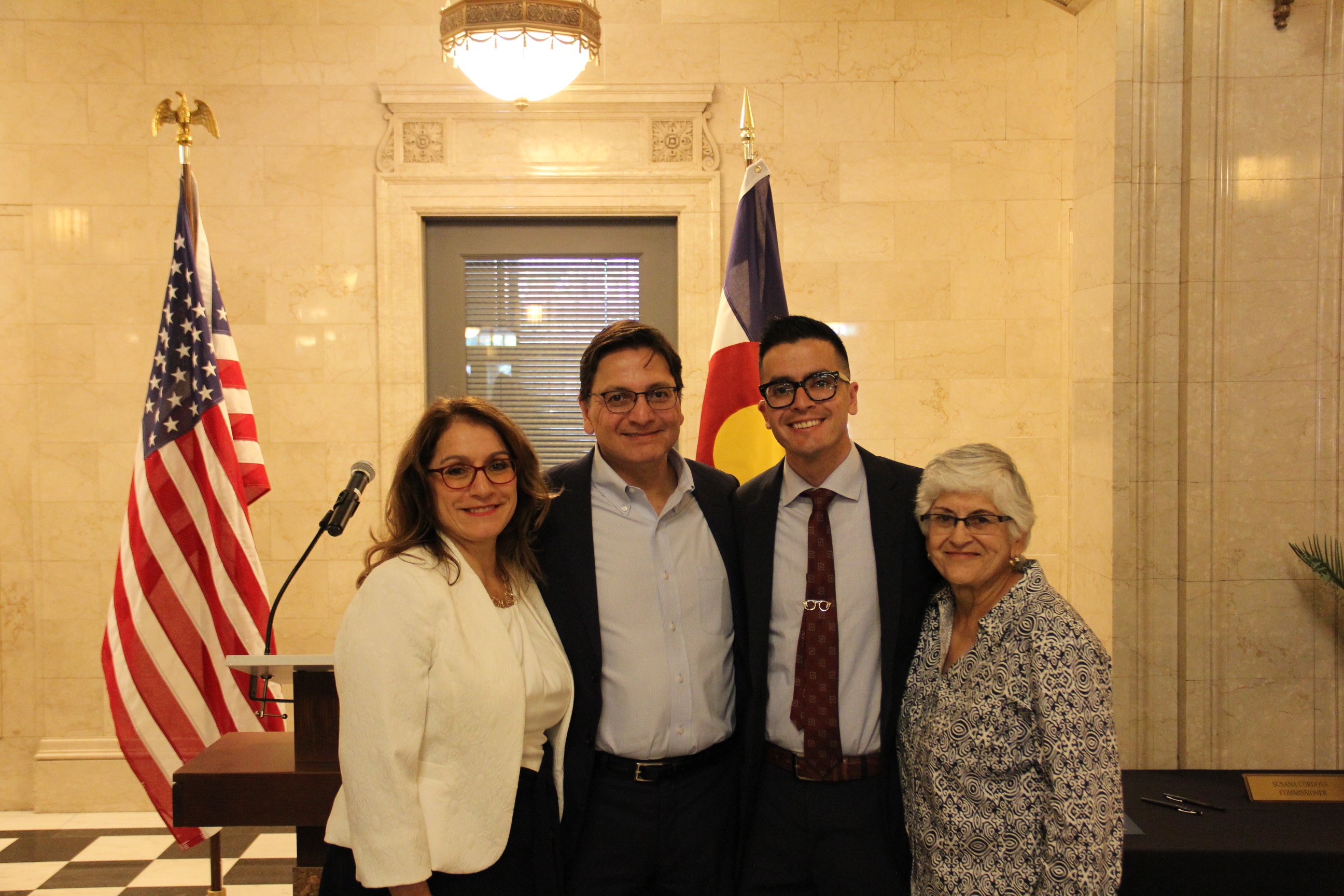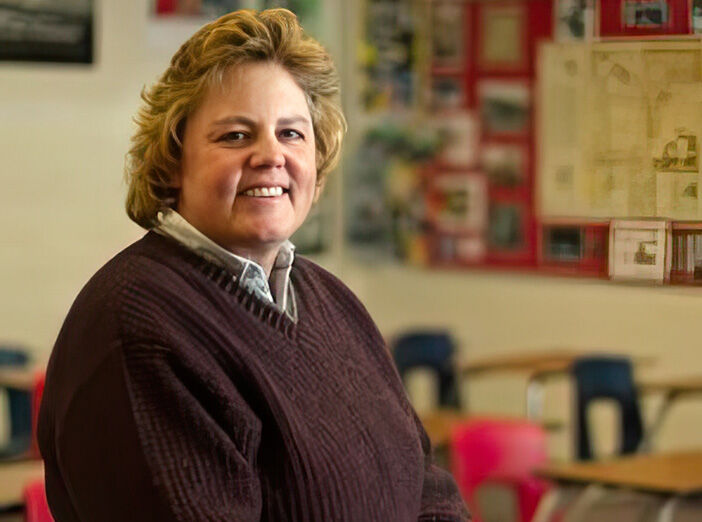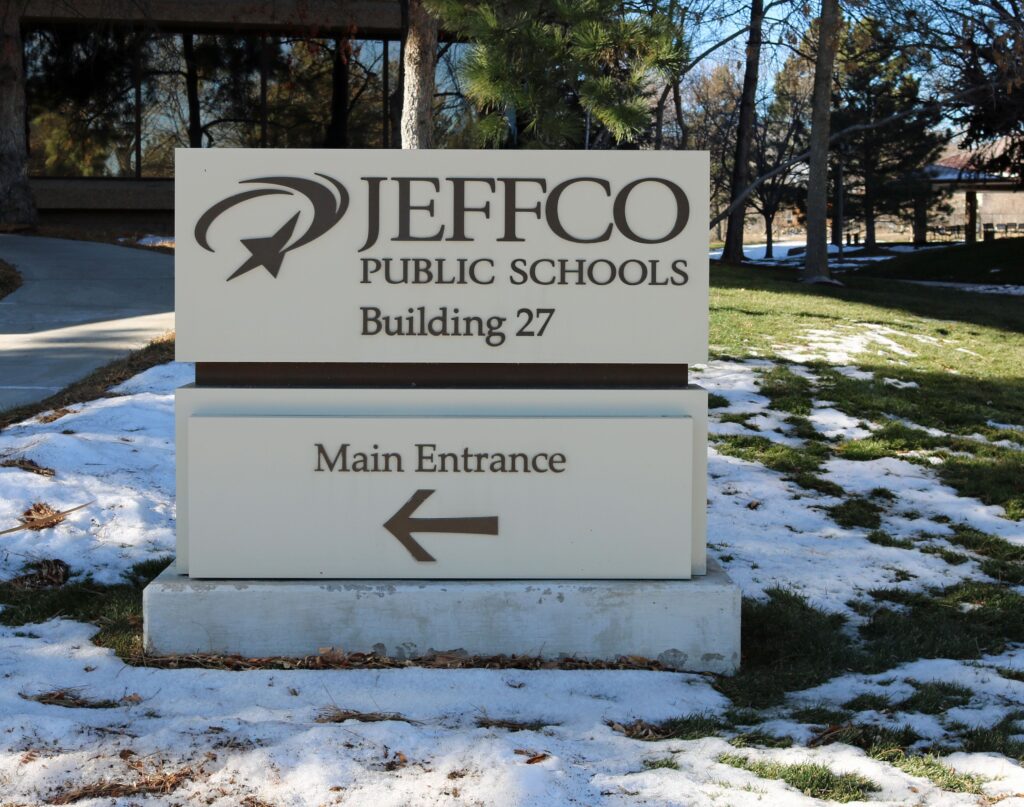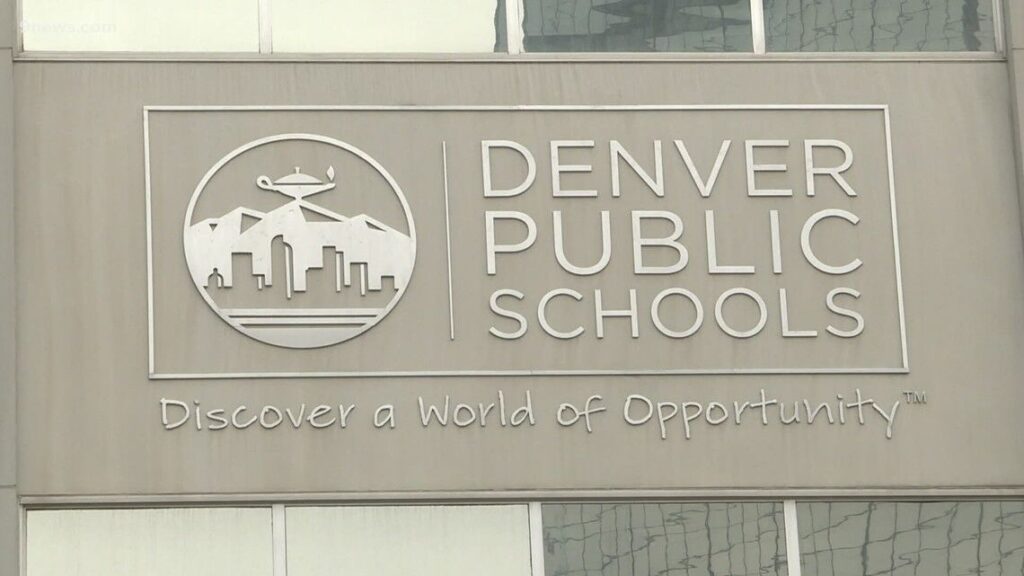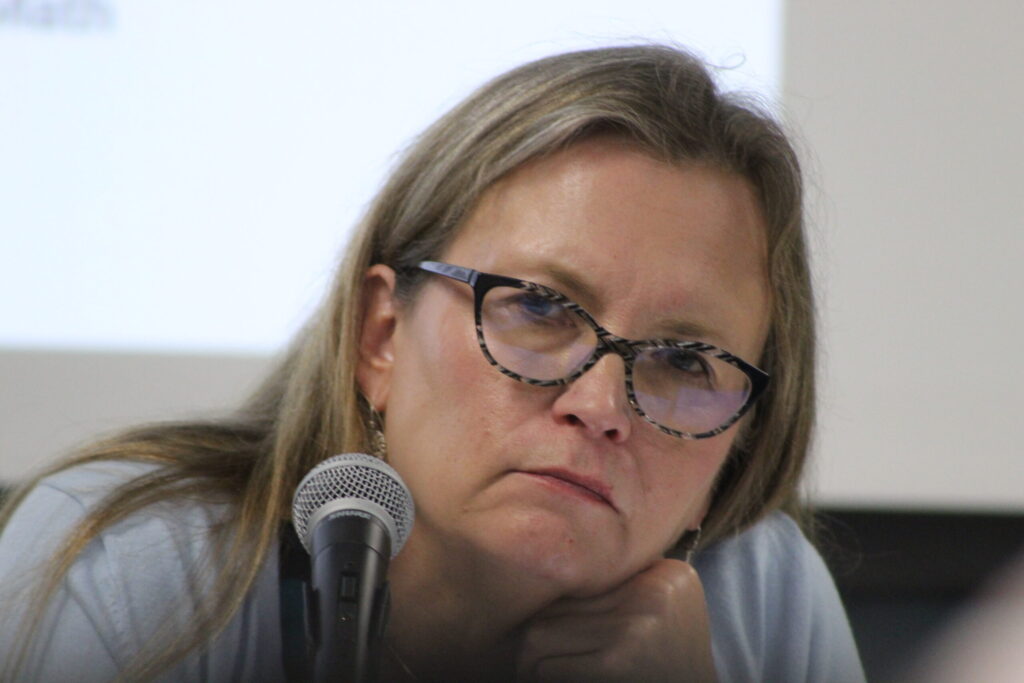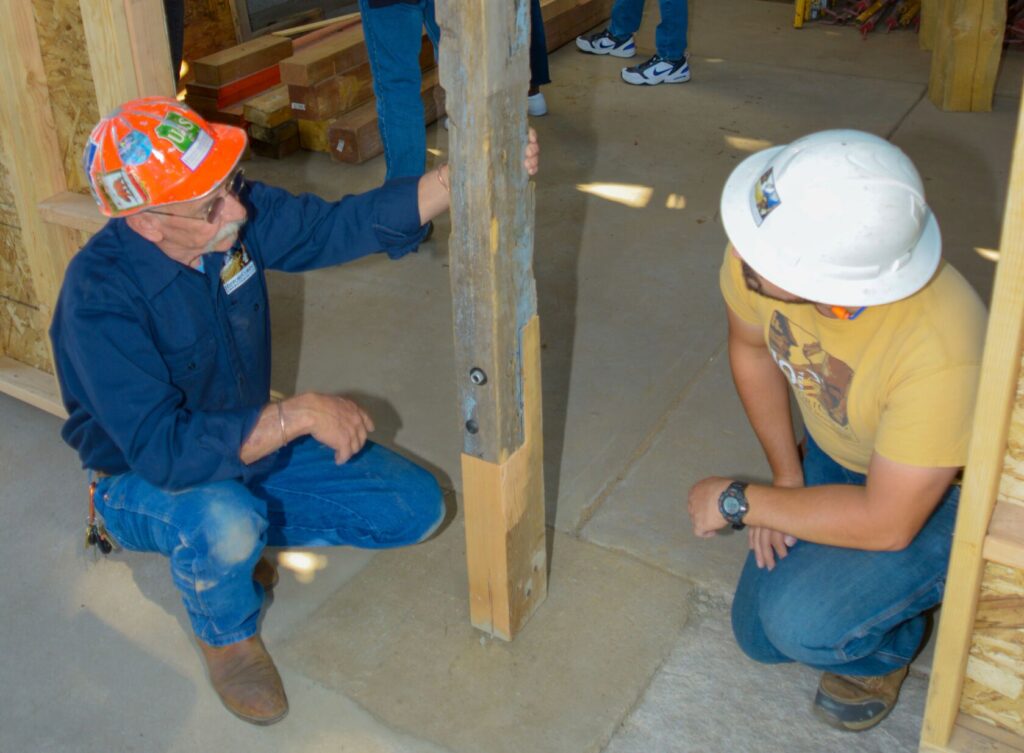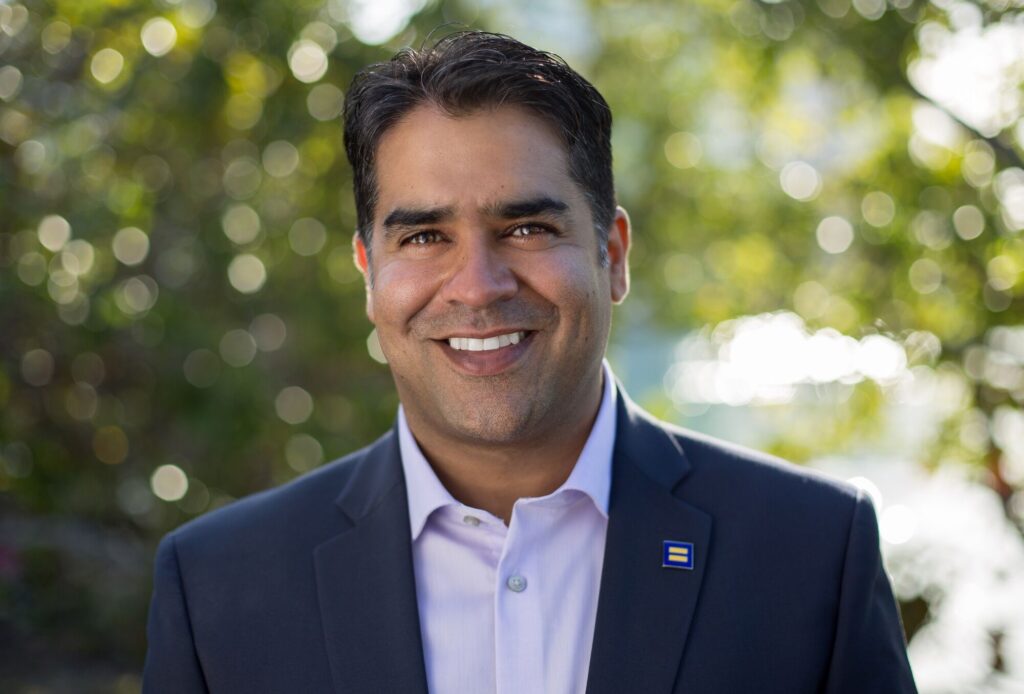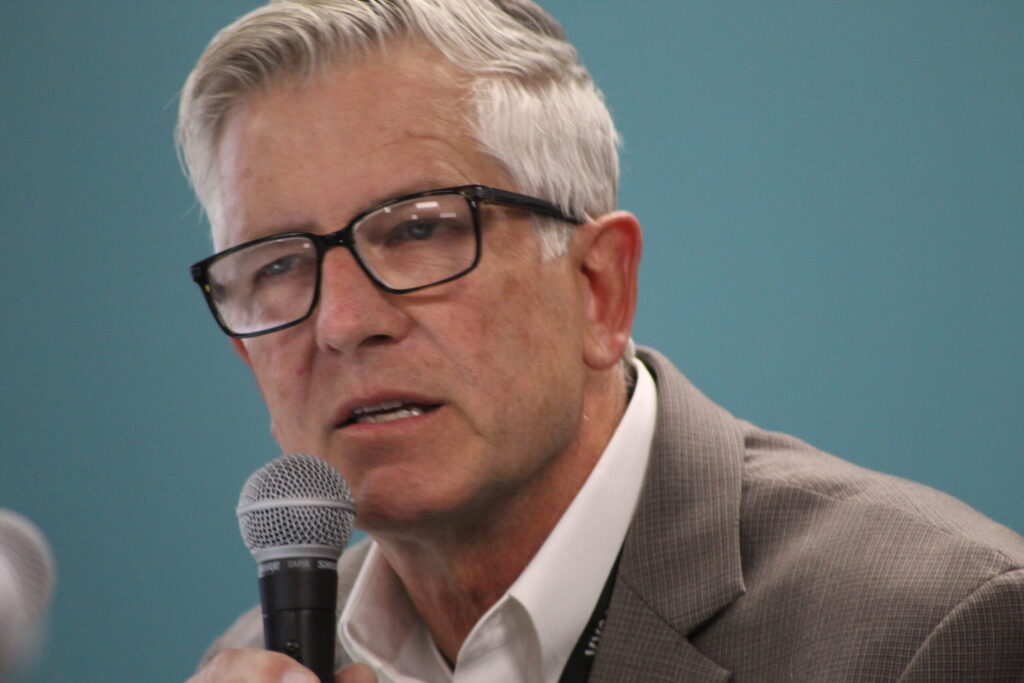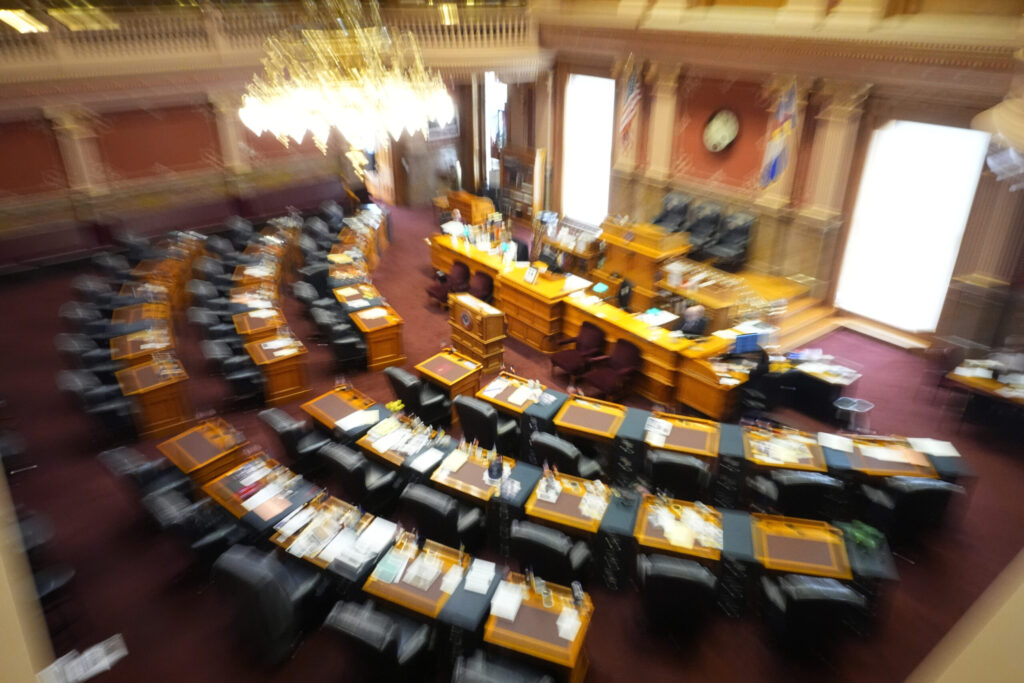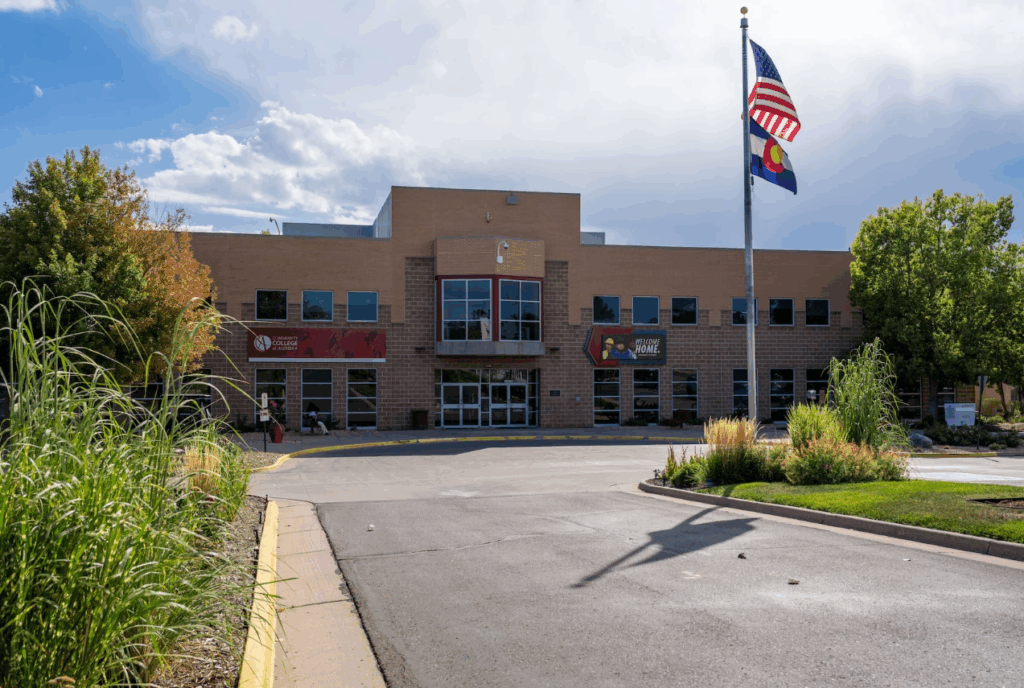Q&A with Susana Cordova | Colorado’s new education commissioner eyes the road ahead
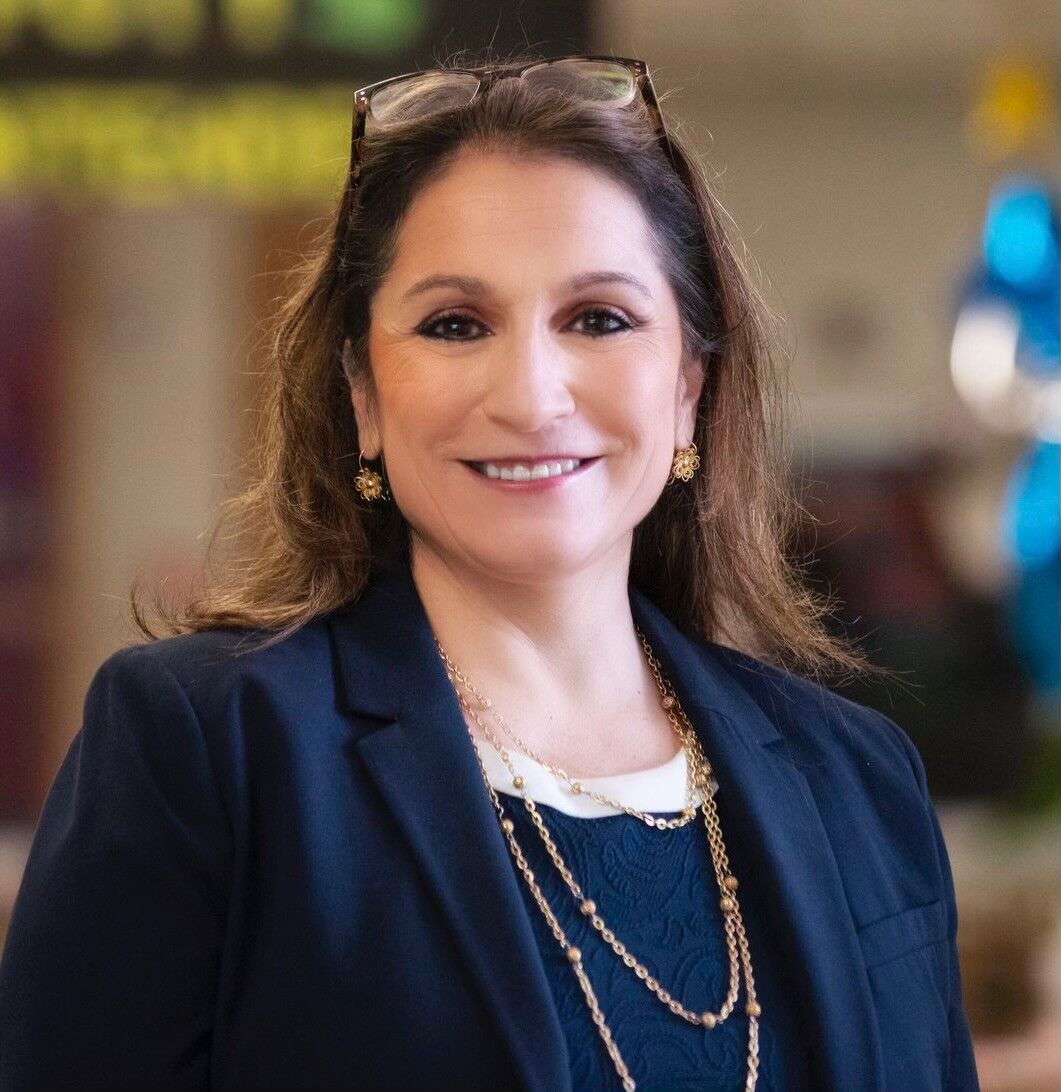
Susana Cordova left Denver Public Schools in November 2020, having weathered the onset of the COVID-19 pandemic and a rocky relationship with the DPS board.
Cordova on June 26 started in her newest role as commissioner of education for Colorado, the sole finalist chosen to succeed Katy Anthes.
Colorado Politics: Why did you decide to come back to Colorado after your time with the Denver Public Schools?
Susana Cordova: I’m inspired by the Colorado commitment to education. I have new experiences with education outside Colorado that I can add to my deep experience in Colorado, and it felt like a great opportunity to bring that together.
CP: What lessons did you learn from that experience with DPS? How will that shape your relationship with the state board of education?
Cordova: It’s so important to keep communication open and transparent. I’m a collaborator at heart and try to listen more than talk, which I think is important. It helps me hear what people mean, even if it isn’t what they say.
CP: What’s your vision for Colorado K-12 education?
Cordova: I believe that Colorado has so many of the right things in place to make big leaps forward in education. It’s important that we continue to focus on the big levers — building a strong foundation in early literacy, keeping kids engaged to help them get on track, and making high school a time to grow skills, competencies and experiences that really prepare high school students to succeed in life. Our local control context gives us the opportunity to learn more about how districts are doing this work and growing and learning from the success stories to support the places that may be struggling.
CP: Who has been the greatest influence on your decision to go into education and why?
Cordova: It starts with my parents – my mom worked as a school secretary, so I remember spending time with her in the summers helping her collate enrollment paperwork. And then it’s a few of the special teachers who helped me along the way – Ms. Jeannie Vanderwyst, my 4th grade teacher and Mr. Eddie Cordova, the Spanish teacher at my HS (no relation) who helped me apply and get a scholarship to the University of Denver.
CP: What’s the biggest change you’ve seen in K-12 in your career?
Cordova: I think we are in the midst of the biggest change – COVID flipped education and we spent an enormous amount of time, effort and funding to get kids access to devices and broadband. Now that we have devices for kids, we need to embrace the opportunity to have real world, anytime learning. The growth of artificial intelligence will also give us a chance to rethink how we use technology and support deeper learning for kids.
CP: What do you see as the biggest challenges for rural education? For urban education?
Cordova: For both rural and urban education, we are still struggling with teacher shortages and the challenges of recruiting and retaining great teachers. It’s been several challenging years for our teachers and leaders. In rural areas, it is compounded by challenges in recruiting people to their locations, and in some areas, by the high cost of housing. In urban districts, it has been challenging to retain teachers.
Our students have also had a few hard years, both academically as well as socially. If ever we needed proof that school matters, the declines in performance and the rise is student behaviors, including anxiety, depression and acting out tells us how important it is for kids to be in school. We need to continue to focus on the academic foundations, but I also think we need to help support students by creating welcoming and supportive classrooms. And we also need to do this for the adults in our districts. We need to continue to approach the work with a servant disposition to help where we can, provide guidance and give clear and accurate data about how we are doing.
CP: Your experience with DPS was with an urban district; how is the learning curve for working with rural schools?
Cordova: I feel really fortunate since I left Denver, I’ve worked with a national nonprofit, Transcend. The vast majority of districts Transcend works with are small rural districts. It was a great way to get to know the priorities in rural districts all over the country, and how rural districts can support an environment where kids have to travel a long way to school, how to recruit teachers, how to think about supporting leaders in the work they do to create amazing experiences for kids. I learned a lot working with rural superintendents. It’s interesting to think about the ways rural districts think about innovation. There’s a real focus from a rural community on their schools.
CP: One of the biggest issues in education at the state Capitol is school finance. How can you help lawmakers understand the financial struggles of school districts?
Cordova: It’s important as we think about the cliff district face as we come to the end of ESSER (the Elementary and Secondary Scholl Emergency Relief Fund, which provided resources to K-12 during the pandemic). Districts really are facing some real challenges, because the learning needs that emerged from the pandemic is not going away at the same time as the funding. One of the bright spots and roles the department can play, is to shine a spotlight on places doing great things. It can continue to illustrate the need we have when it comes to support for educators and students.
CP: One of the things that has come out of the pandemic is a decline in enrollment, plus kids lost a lot of ground in academics and mental health. How will you help school districts address that?
Cordova: I want to say how incredibly grateful I am personally to educators who are doing tremendous work under 3 1/2 years of really challenging circumstances. It’s incredibly important we do everything we can to support teachers and educators on academic and social/emotional needs. The first important thing to do is to appreciate and value the work of educators in the field.
From the department, we are positioned to help enable our districts and educators to get access to support: training that goes with READ Act, making sure educators have professional development and support to build foundations in early literacy; helping districts that are opting into tools to address math gaps, creating supportive networks for teachers and schools to use those resources that are available statewide to address those gaps. And from the state perspective, we can shine a spotlight on places getting great results. In the places that are struggling, support those schools that need additional help.
CP: How do you address those resource issues?
Cordova: It will take a concerted effort from the community. The department cannot solve this independently. We will have to work hard together to address solutions to the funding.
CP: how will your DPS experience guide you on this large statewide role?
Cordova: What pulled me back is the deep roots I have in the state. I was fortunate to grow up and be educated in Colorado, all the way through undergraduate work. I was the recipient of the great focus Colorado puts on public education. Neither of my parents graduated from college; my father didn’t graduate from high school and earned a GED. Within two generations, their grandchildren have graduated from college (her daughter from Stanford, her son from Claremont McKenna). Both my husband and I are first generation college graduates. It’s really the support of public eduators who made a tremendous different in our lives. It’s kept me motivated, and giving back to the rich educational landscape in Colorado. We both believe deeply in the role of local control in communities in guiding districts, as well as creating a statewide landscape where really innovative things can happen.
FAST FACTS
Born in Denver, grew up in the Barnum neighborhood. Graduated from Abraham Lincoln High School and the University of Denver, bachelor’s degree in English. Master’s degree in curriculum and instruction/education administration from the University of Colorado Denver, and she anticipates receiving a doctorate in education from Southern Methodist University in 2024.
Married with two grown children, all graduates from Denver Public Schools.
Worked in DPS for 31 years as a bilingual teacher, elementary principal, as well as a a bunch of roles in central office. Served as superintendent from December 2018 to November 2020.
Followed that with working as deputy superintendent in Dallas Independent School District from November 2020 to July 2022, then went to Transcend, a national education nonprofit leading a superintendent network with leaders from across the country on helping create more learner centered schools.

